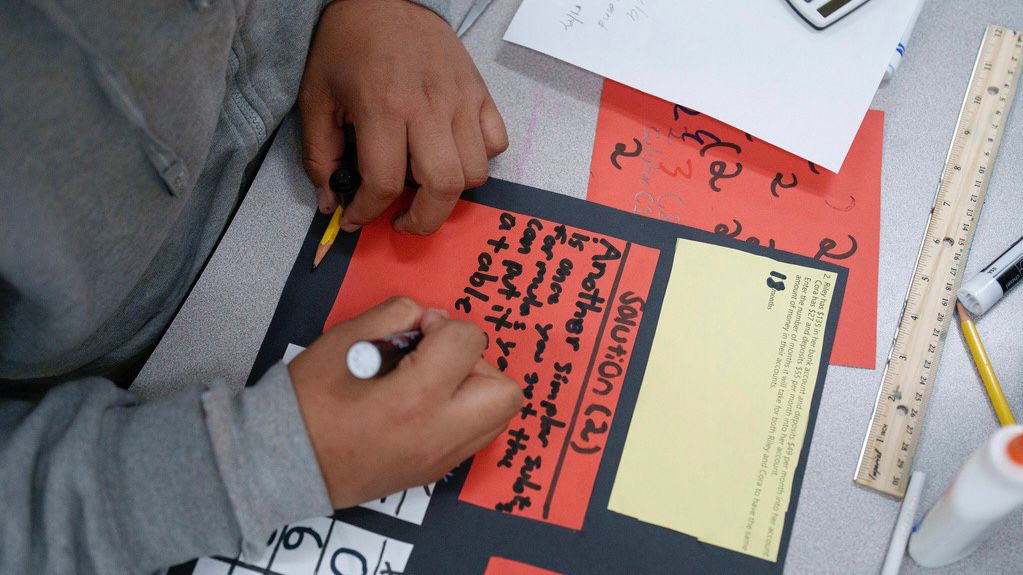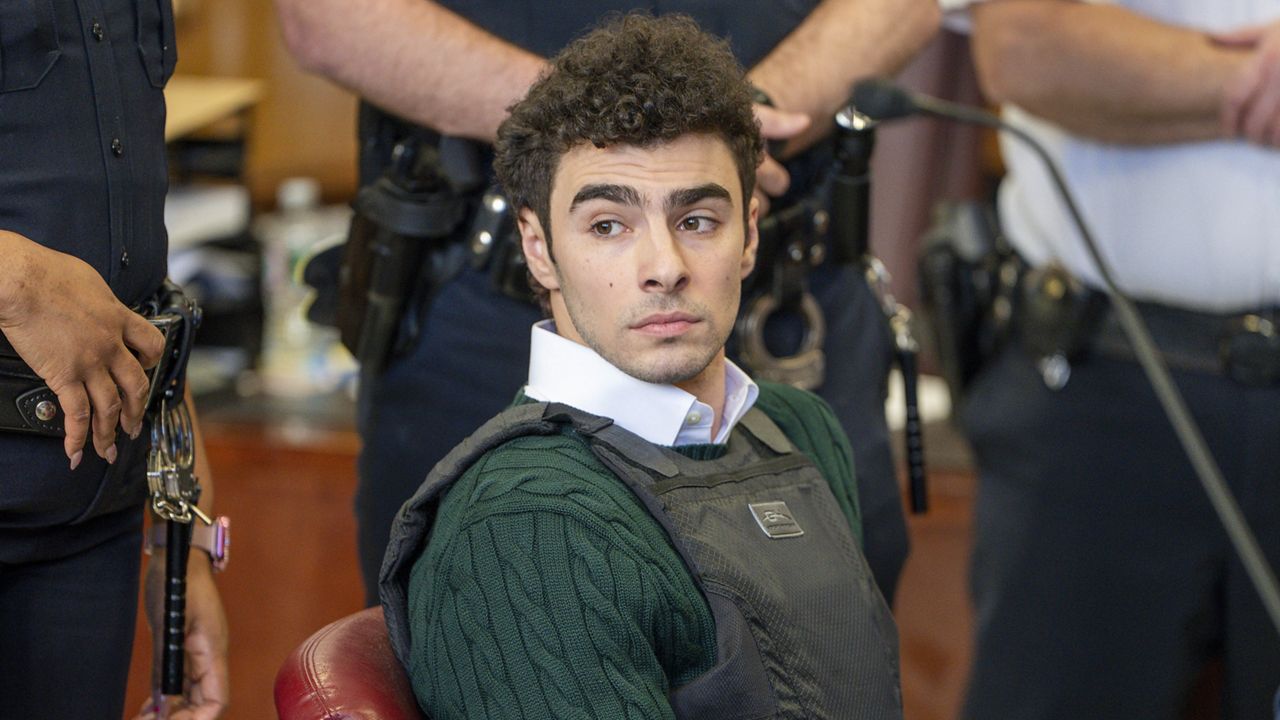LONG BEACH, Calif. — Small teams in Long Beach take on 911 calls related to homelessness, but as the crisis grows more severe, resources are stretched to the max.
They’re called REACH teams, which stand for Restorative Engagement to Achieve Collective Health. Each one typically has three or four people, including a public health nurse and a mental health clinician. Over the past year, the city’s own reporting shows they’ve interacted with more than 1,800 people through these teams and the demand shows no sign of slowing.
Giovanna “Gio” Ferraro works for the city of Long Beach as an assistant outreach coordinator. She’ll sometimes accompany one of the two REACH teams as they provide an alternative response to certain 911 calls.
“Police officers go into their job to do a very different job than what we do. Our job is very specific, it is in dealing with folks who are in so many different circumstances within this umbrella that we’re calling homelessness,” Ferraro said.
The city started this way of doing things a year ago. One issue the teams have kept running into since then is the absence of guaranteed space in local shelters. Beds fill up as demand won’t stop growing. The city-run 2022 point-in-time-count showed homelessness shot up 62% since 2020 in Long Beach.
Emilio Santacruz has been with REACH long enough to notice changes for the worse and for the better.
“I think some of the big successes is just you know actually getting people out of their shell and trusting us and building that rapport and letting them know that they have someone… Sometimes they just want someone to talk to for the day,” Santacruz said.
Building and buying new housing options, begging landlords to accept emergency housing vouchers — these are all parts of a solution requiring empathy.
“You could say it’s cheesy, and that’s fine, but if we could continue to spread love and compassion to folks on a daily basis, it’s going to help our team out when we go out there and connect with them,” Ferraro said.
Ferraro’s own father died while he was homeless. Receiving even the smallest kindness could have made a difference in his life.
“When I think about this stuff and I think about my father, if he had less judgment and he had more compassion, you know what, maybe he would be alive today,” Ferraro said.
To her, this lifework is life-saving.
They are trying to hire and train more team members. The REACH teams operate on weekdays from 7 a.m. to 5 p.m. However, the issues they respond to aren’t limited to these hours, so once they have the staffing, there are plans to work weekends.
You can contact the REACH teams by calling 562-570-4672.











